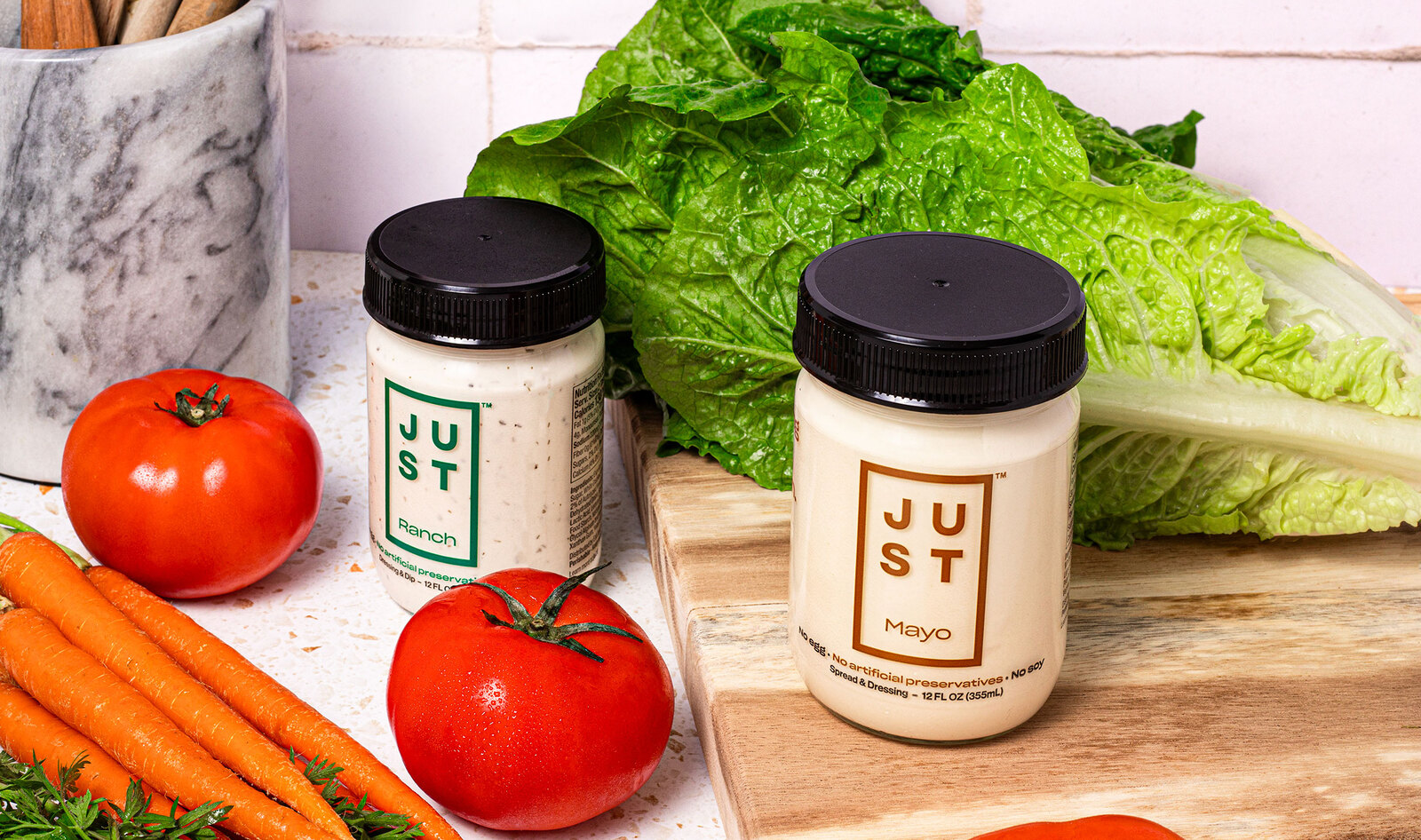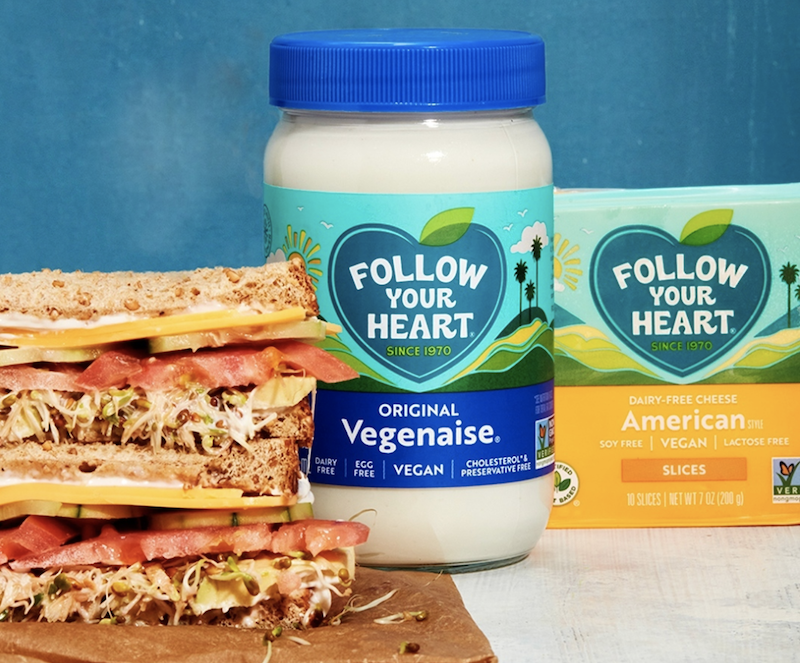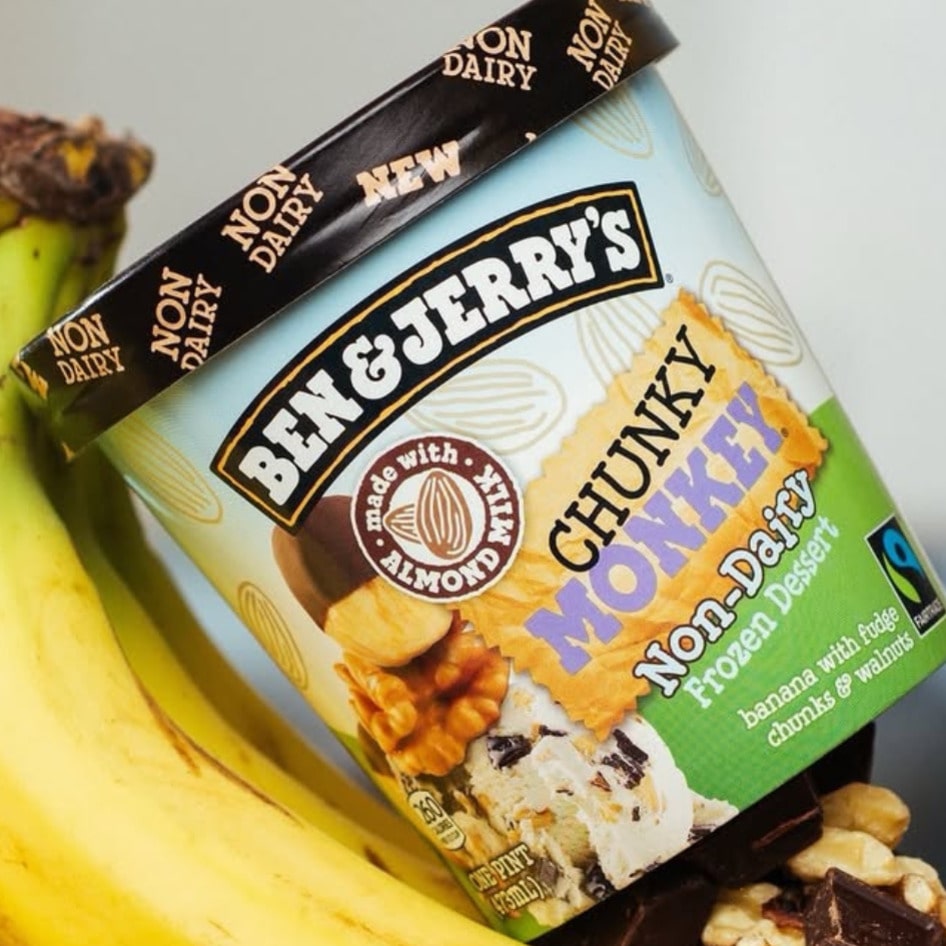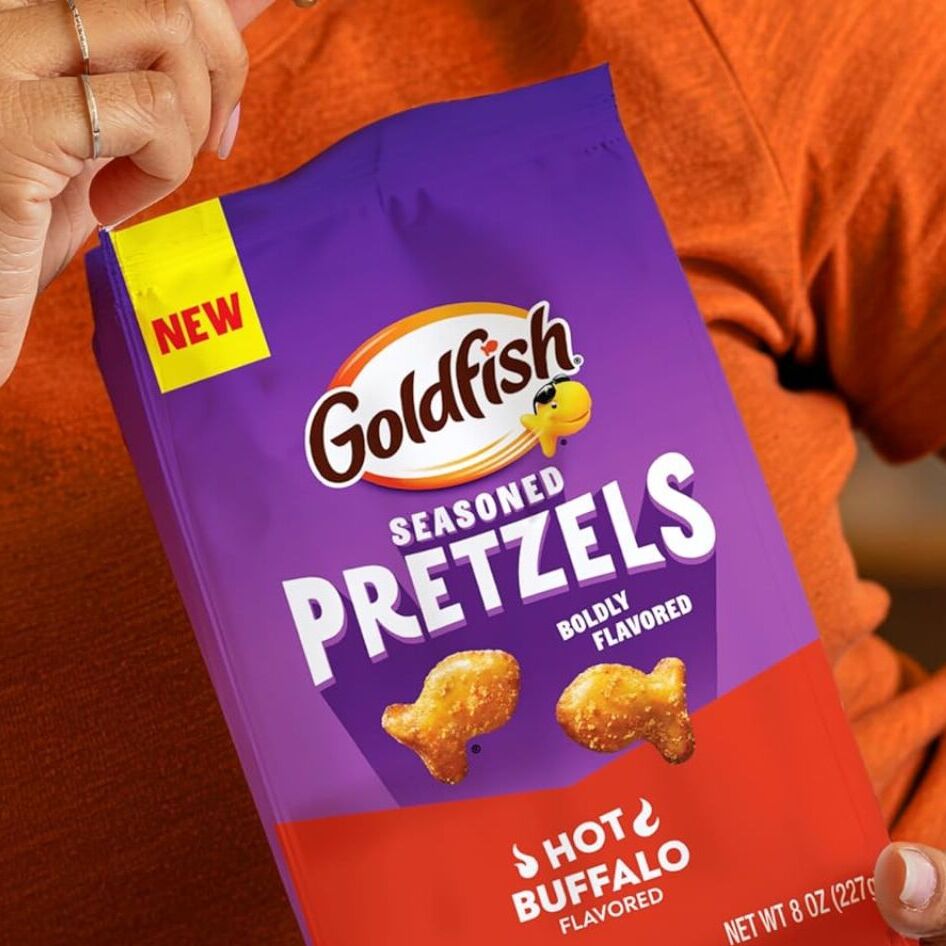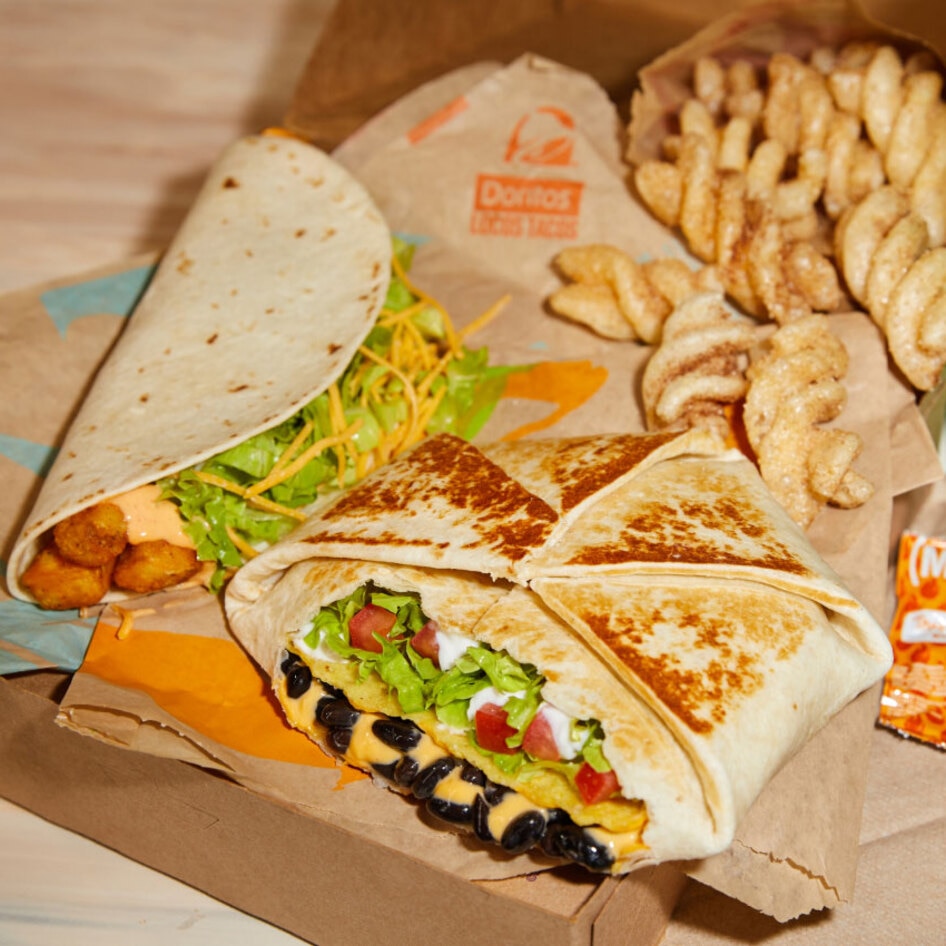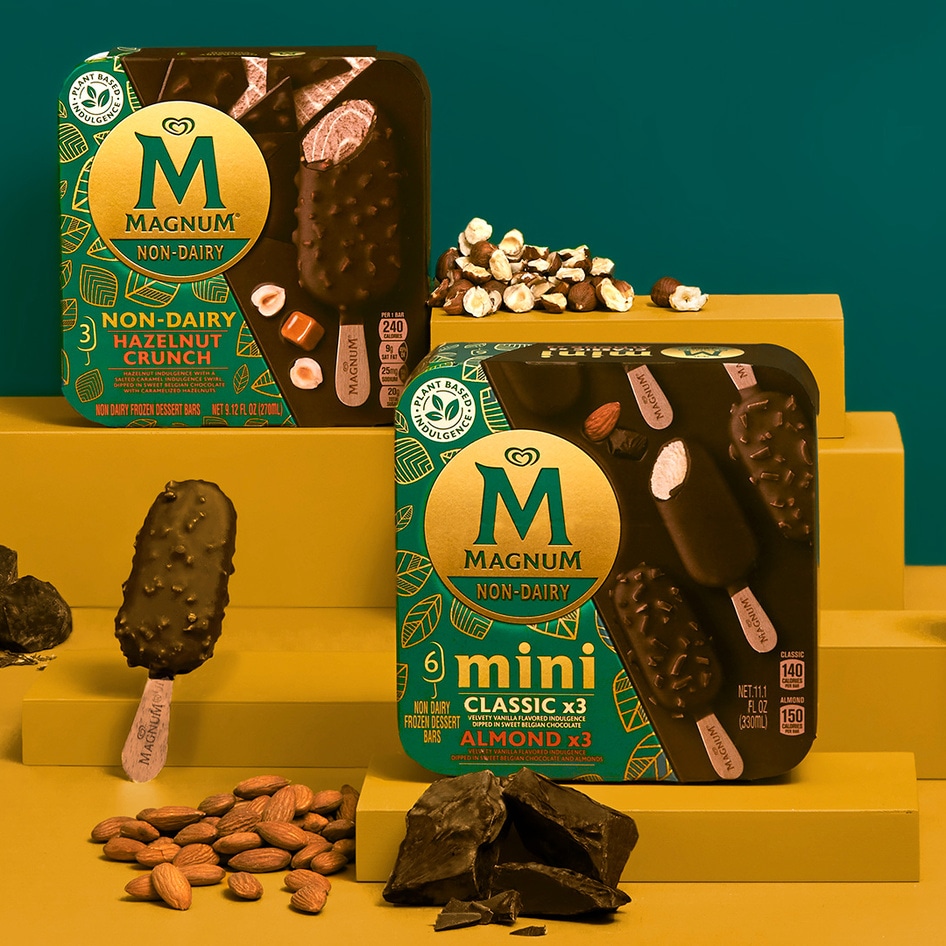Plant-based meat might be struggling right now, but the global vegan mayonnaise market is looking promising, according to a new report from Future Market Insights. The analysis projects the industry’s value could nearly double over the next decade, reaching $9.1 billion by 2035.
There are several key reasons behind this growth. More consumers are choosing plant-based foods for sustainable and ethical reasons, but health is also a major motivator.
Vegan mayonnaise is often seen as a healthier alternative, since it is lower in fat and cholesterol than traditional, egg-based versions. For example, one tablespoon of Hellmann’s Real Mayonnaise contains 8 percent of the recommended daily saturated fat intake, while its Plant Based Mayo Spread contains just 3 percent.
BECOME A VEGNEWS VIP: Get exclusive product deals, freebies, and perks galore!
As well as Hellmann’s, other brands offering popular egg-free mayonnaise options include Follow Your Heart, Eat Just, Chosen Foods, and Sir Kensington’s. For even more vegan mayo options, check out our guide here.
The report notes particularly strong demand in Japan, but sales are also rising across Europe, the UK, and the US. “The growth is further bolstered by supportive government initiatives and consumer advocacy promoting sustainable food production and animal welfare,” the firm notes. “Regulations encouraging plant-based food adoption and health guidelines for reduced fat and cholesterol intake are collectively driving innovation and expansion across the globe.”
A similar trend is emerging in the dairy alternatives market. According to the IMARC Group, the vegan yogurt market is expected to surpass $12.2 billion by 2033, while Grand View Research projects the plant-based milk market could reach more than $32.3 billion by 2030.
So, why is plant-based meat struggling?
By contrast, the plant-based meat sector is facing headwinds. Shares in Beyond Meat, one of the category’s leading brands, have fallen by 37 percent. Rising costs and consumer hesitancy around ultra-processed foods remain major obstacles.
“There is a market for fake meat, but consumers are broadly skeptical of the category as it is not seen as particularly natural and is viewed as being highly processed,” Neil Saunders, managing director at GlobalData, told The Daily Mail. “This means demand is sluggish and that, along with competition, has weighed down on Beyond Meat’s performance and valuation.”
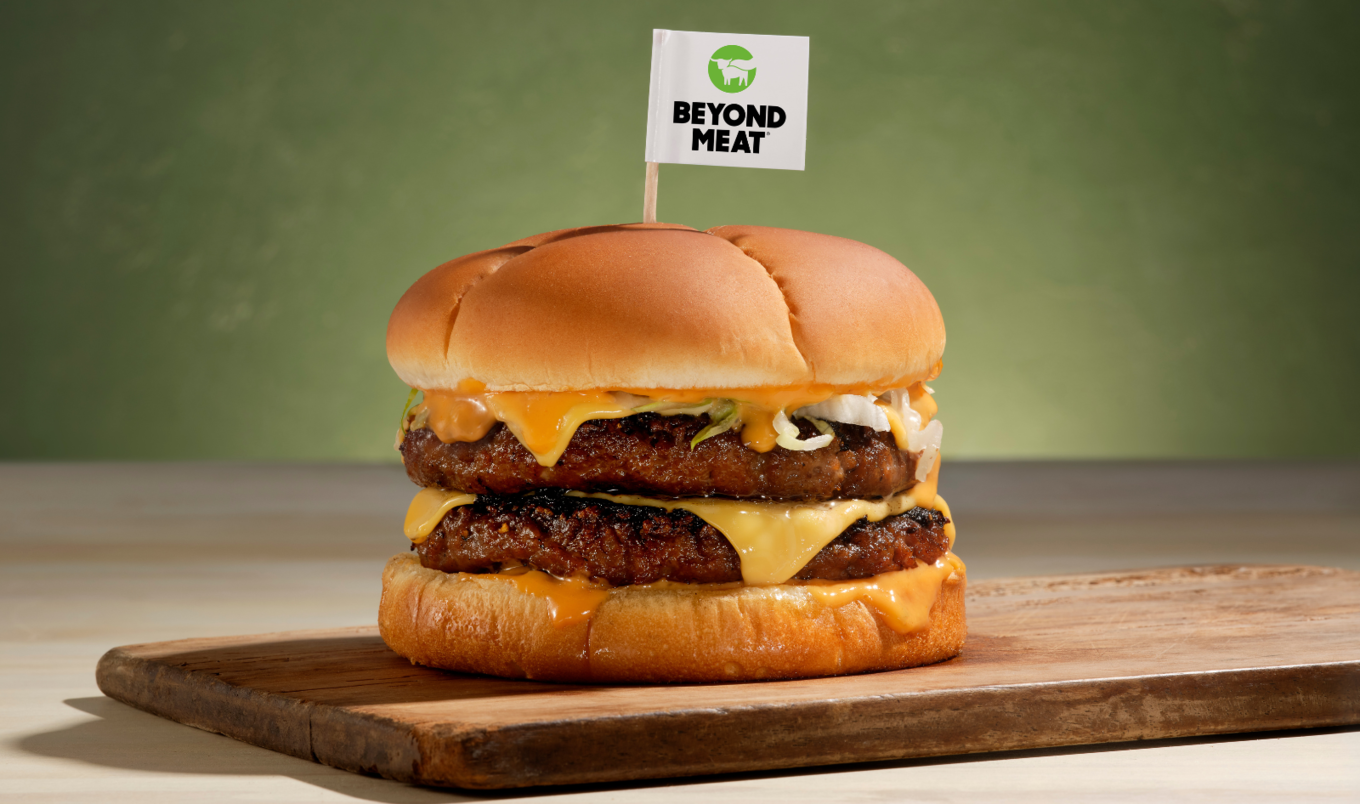 Beyond Meat
Beyond Meat
Plant-based mayo, on the other hand, while also processed, carries a stronger health halo. It is also rarely the centerpiece of a meal, and is usually spread or mixed with other ingredients, likely making it an easier swap. Condiments also lack the deep cultural and emotional ties of meat, which may make them simpler to replace for many individuals.
Still, there is hope for plant-based meat. Brands are adapting to consumer concerns through innovation. Beyond Meat has rebranded as “Beyond,” while British brand This is launching more whole-food products made with mushrooms and tofu. Speaking of tofu, IMARC Group predicts the tofu category alone could surpass $4.4 billion by 2033.
“As plant-based meat technologies improve, there is no reason the category cannot grow in the future,” Jerry Thomas, the CEO of Decision Analyst, also told The Daily Mail. “The category still has long-term potential.”
For more plant-based stories like this, read:
JUMP TO ... Latest News | Recipes | Guides | Health | Subscribe

